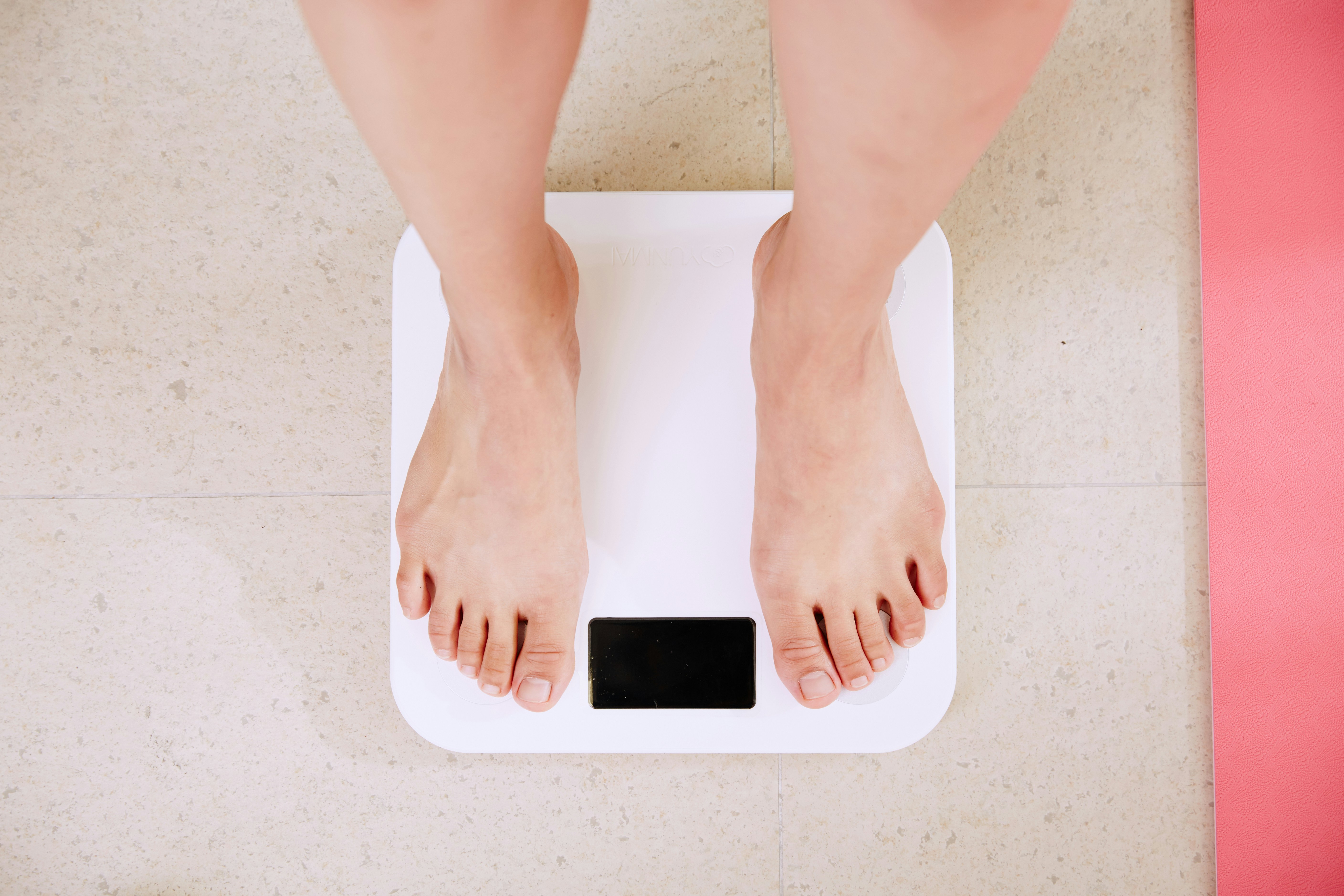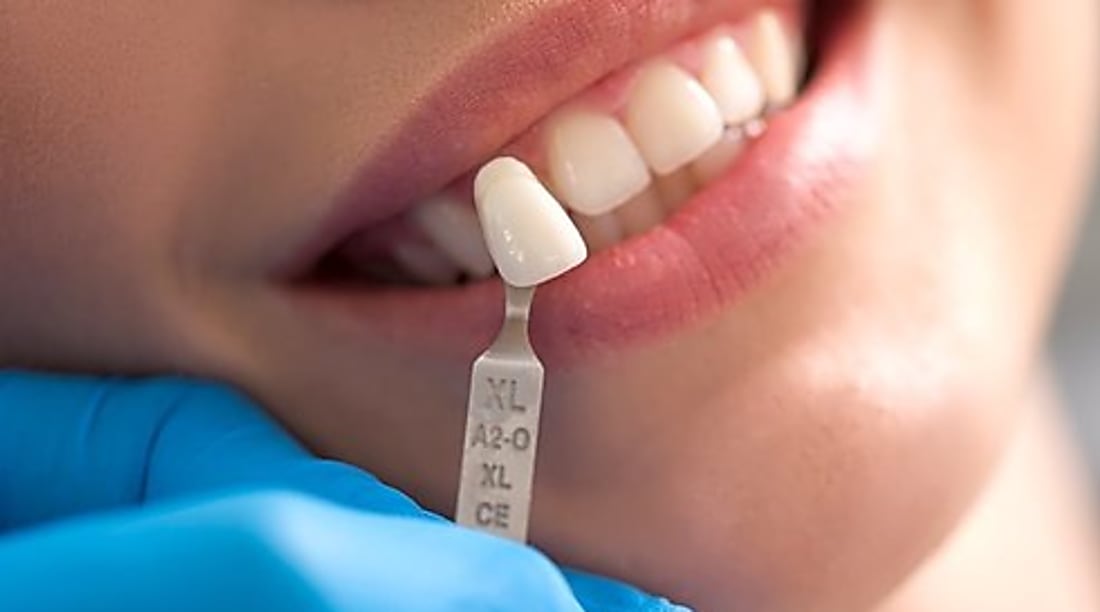Understanding and Managing Hypertension: A Complete Guide
High blood pressure affects millions worldwide but remains widely misunderstood. This silent condition can damage your cardiovascular system for years before symptoms appear. Learning about hypertension—what causes it, how to monitor it, and effective ways to manage it through lifestyle changes—empowers you to take control of your heart health and potentially avoid serious complications.
High blood pressure, or hypertension, is one of the most common health conditions affecting adults worldwide. Despite its prevalence, many people don’t fully understand what it means to have high blood pressure or how it impacts their overall health. Left unmanaged, hypertension can lead to serious health complications including heart disease, stroke, kidney damage, and vision problems. The good news is that with proper knowledge and lifestyle modifications, most people can effectively manage their blood pressure and reduce their risk of complications.
What Is High Blood Pressure in Simple Terms?
Blood pressure is the force exerted by blood against the walls of your arteries as your heart pumps. It’s measured using two numbers: systolic pressure (when your heart beats) and diastolic pressure (when your heart rests between beats). Normal blood pressure is typically around 120/80 mmHg. When these numbers consistently rise above 130/80 mmHg, you’re considered to have hypertension.
Think of your arteries as garden hoses. When pressure inside becomes too high, the hoses experience strain. Over time, this pressure can damage the delicate inner lining of your blood vessels, creating rough spots where fatty deposits can accumulate. This narrowing makes your heart work harder to pump blood, potentially leading to heart enlargement and failure. Hypertension is often called the “silent killer” because it typically causes no symptoms until significant damage has occurred.
Which Daily Habits Help Maintain Healthy Blood Pressure?
Several everyday habits can make a significant difference in managing your blood pressure levels. Consistency is key when implementing these practices into your routine:
Monitoring your blood pressure regularly at home provides valuable data for both you and your healthcare provider. Modern digital monitors make this process simple and painless. Aim to measure at the same time each day, preferably in the morning before taking medications and in the evening.
Reducing sodium intake is crucial, as excess salt causes your body to retain fluid, increasing blood volume and pressure. Read food labels carefully—processed foods often contain surprising amounts of hidden sodium. Instead, flavor your meals with herbs, spices, citrus, and vinegar.
Managing stress through techniques like deep breathing, meditation, or gentle yoga can help lower blood pressure. When stressed, your body produces hormones that temporarily raise blood pressure and, if chronically elevated, can contribute to hypertension over time. Finding healthy outlets for stress—whether through exercise, hobbies, or spending time with loved ones—is an essential component of blood pressure management.
How Do Nutrition and Activity Influence Heart Wellness?
What you eat and how you move play crucial roles in maintaining healthy blood pressure levels and overall heart health.
The DASH (Dietary Approaches to Stop Hypertension) eating plan has proven particularly effective for blood pressure management. This approach emphasizes fruits, vegetables, whole grains, lean proteins, and low-fat dairy while limiting saturated fats and added sugars. Research shows that following the DASH diet can lower systolic blood pressure by 8-14 points, comparable to some medications.
Specific foods that support healthy blood pressure include: - Potassium-rich foods like bananas, sweet potatoes, and leafy greens that help balance sodium levels - Magnesium-containing foods such as nuts, seeds, and whole grains that support blood vessel function - Foods high in calcium like low-fat dairy products that help blood vessels contract and relax properly - Omega-3 fatty acids found in fatty fish, flaxseeds, and walnuts that reduce inflammation
Regular physical activity strengthens your heart muscle, allowing it to pump more efficiently with less effort. This reduces the force on your arteries, lowering blood pressure. Aim for at least 150 minutes of moderate-intensity activity weekly, such as brisk walking, swimming, or cycling. Even breaking this into 10-minute sessions throughout the day provides benefits. Strength training twice weekly also improves cardiovascular health and helps maintain healthy weight.
What Lifestyle Changes Are Suitable for Adults of All Ages?
Regardless of your age or current fitness level, several gentle lifestyle modifications can help manage blood pressure:
Weight management is particularly important, as excess weight forces your heart to work harder. Even modest weight loss—just 5-10% of your current weight—can significantly reduce blood pressure. Focus on sustainable changes rather than drastic diets.
Limiting alcohol consumption helps maintain healthy blood pressure levels. If you drink, aim for moderation: generally no more than one drink daily for women and two for men. Some people with hypertension may benefit from avoiding alcohol altogether.
Quality sleep is often overlooked but critically important for blood pressure regulation. During normal sleep, blood pressure naturally decreases. Chronic sleep deprivation can disrupt this pattern and contribute to hypertension. Create a consistent sleep schedule, make your bedroom comfortable and dark, and establish a relaxing pre-sleep routine to improve sleep quality.
Quitting smoking provides immediate benefits for blood pressure. Each cigarette temporarily raises blood pressure, and chemicals in tobacco damage blood vessel walls, causing inflammation and narrowing that elevates blood pressure over time.
Why Are Regular Checkups and Awareness Important?
Regular medical checkups are essential for monitoring blood pressure and adjusting management strategies as needed. Blood pressure can change over time due to age, weight fluctuations, or other health conditions, making ongoing monitoring crucial.
During checkups, your healthcare provider can: - Evaluate how well current management strategies are working - Adjust medications if necessary - Identify other risk factors that might affect your heart health - Catch potential complications early when they’re most treatable
Understanding your personal risk factors increases your motivation to maintain healthy habits. Family history, age, ethnicity, and coexisting conditions like diabetes all influence your risk profile. Knowledge of these factors helps you and your healthcare provider create a personalized management plan.
If medication becomes necessary, regular monitoring ensures you receive the optimal type and dosage. Many people require adjustments to find the most effective medication with minimal side effects. Keeping all appointments and communicating openly with your healthcare provider about any concerns or side effects improves treatment outcomes.
Blood pressure awareness extends beyond personal health to community health. By understanding hypertension, you can educate family members about their risk and the importance of regular screening. Many community organizations and pharmacies offer free blood pressure checks, making monitoring accessible to everyone.
Remember that hypertension management is a marathon, not a sprint. Small, consistent changes over time yield the greatest benefits for long-term heart health and quality of life.
This article is for informational purposes only and should not be considered medical advice. Please consult a qualified healthcare professional for personalized guidance and treatment.




